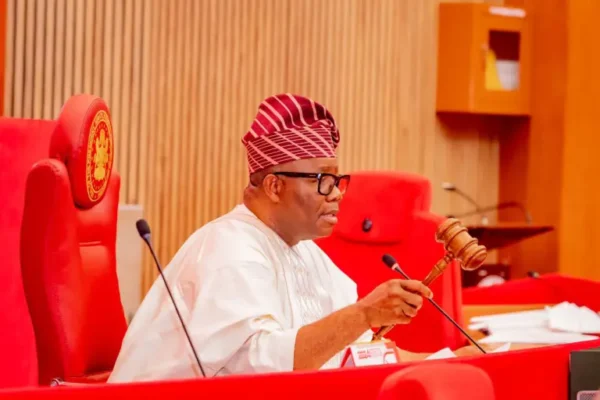
Wike–Fubara Rift Not Party’s Business – APC Chairman, Yilwatda
National Chairman of the All Progressives Congress (APC), Prof. Nentawe Yilwatda, has clarified the party’s position on the lingering political tension involving Rivers State Minister Nyesom Wike and Governor Siminalayi Fubara, stressing that the dispute does not fall within the APC’s jurisdiction. Speaking on Channels TV’s Politics Today on Tuesday, Yilwatda explained that both actors belong to different political parties, making the conflict outside his scope as APC chairman. “When it comes to the issue between Wike and Fubara, it’s not within my purview as the national chairman of APC. Wike is in PDP, Fubara is in APC,” he said. Addressing the reported impeachment moves in the Rivers State House of Assembly, Yilwatda noted that the matter concerns APC lawmakers and should be treated strictly as an internal party affair. “The issue of impeachment is not about Wike now; it concerns APC House of Assembly members. That is something I can discuss. It’s an internal matter, and we have mechanisms within APC to resolve such issues,”he added. The APC chairman also emphasized the importance of restraint and maturity in managing party disputes, insisting that sensitive discussions should not be played out in public. “We don’t put these discussions in the public. Issues can be resolved through in-house activities that require maturity to address. Wike is not a problem in APC,” Yilwatda said. His remarks come amid heightened political tension in Rivers State, as internal power struggles and impeachment talks continue to dominate public discourse.








